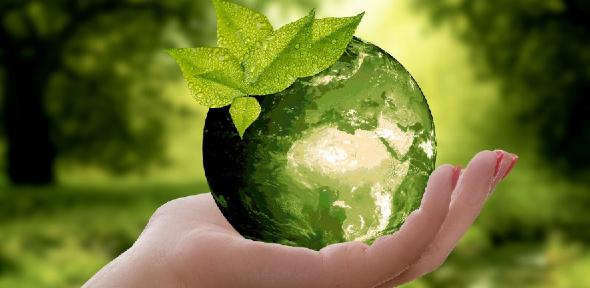
Mitigation of climate change and achieving an energy transition away from fossil fuels relies on the use of resources and minerals that must be sourced, utliised and recycled in a way that does not harm the environment. Life-cycle analysis and circular economy concepts are therefore necessary from the initial design stage through to end-of-life processing of chemicals, products and manufactured materials such as plastics (Circular Plastics Centre, Centre for Circular Economy). Assessment of the suitability of new chemicals, minerals and metals for the energy transition requires an understanding the societal, economic, and political context of deployment of new technologies, and the development of rigorous methodologies to guide choices, including investigation of human behaviour, political considerations (Centre for Science & Policy), societal buy-in, adaptation (Centre for Environment, Energy and Natural Resource Governance, Energy Policy Research Group), climate repair (Centre for Climate Repair), nuclear waste management (Nuclear Energy Centre), CO2 capture, storage & recycling, sustainable agriculture and land use (Centre for Landscape Regeneration), and a clear focus on achieving net-zero but not Absolute Zero.

